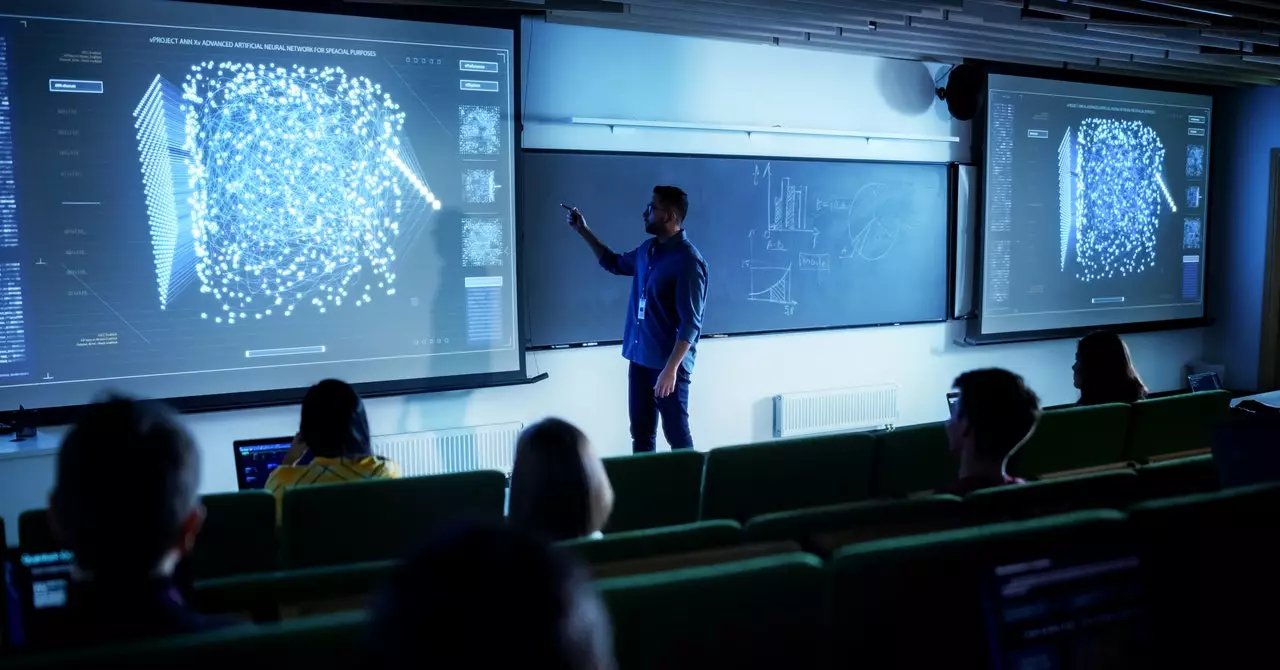The role of AI in education is continuously evolving, with platforms like Khanmigo taking on the task of guiding students through problems step by step. Rather than simply providing answers, Khanmigo prompts students to think about how to find solutions themselves. This approach, while valuable for encouraging critical thinking skills, may also have limitations.
While AI tools like Khanmigo can be helpful in providing hints and encouragement to students, there is still a need for human educators in the loop. According to Brent Milne from Saga Education, having a human coach involved in the process is crucial for the overall effectiveness of tutoring sessions.
One of the key challenges in using AI for education is ensuring student engagement. While platforms like Khanmigo and Saga Education are experimenting with AI feedback to enhance student motivation, the fundamental issue remains – students may not truly connect with AI in the same way they do with human educators.
Even with the development of “emotionally intelligent” AI that can analyze tone of voice and facial expressions, there are still barriers to achieving genuine student engagement. Michael Littman from Brown University points out that students are likely to recognize that AI lacks the ability to truly care about their individual progress and success.
As AI continues to play a larger role in education, questions remain about its true impact on student learning and engagement. While AI can provide feedback on student work, the critical question is whether students will truly invest time and effort into their education if their primary audience becomes a bot. The journal Learning and Instruction raises concerns about students potentially offloading their work to AI rather than taking ownership of their learning.
While AI tools like Khanmigo and emotionally intelligent platforms have the potential to enhance education, there are critical limitations to consider. The human element of education, including the ability of teachers to build relationships with students and provide personalized support, remains essential in ensuring student success. As AI continues to evolve, it will be crucial to strike a balance between technological innovation and human connection in the field of education.


Leave a Reply